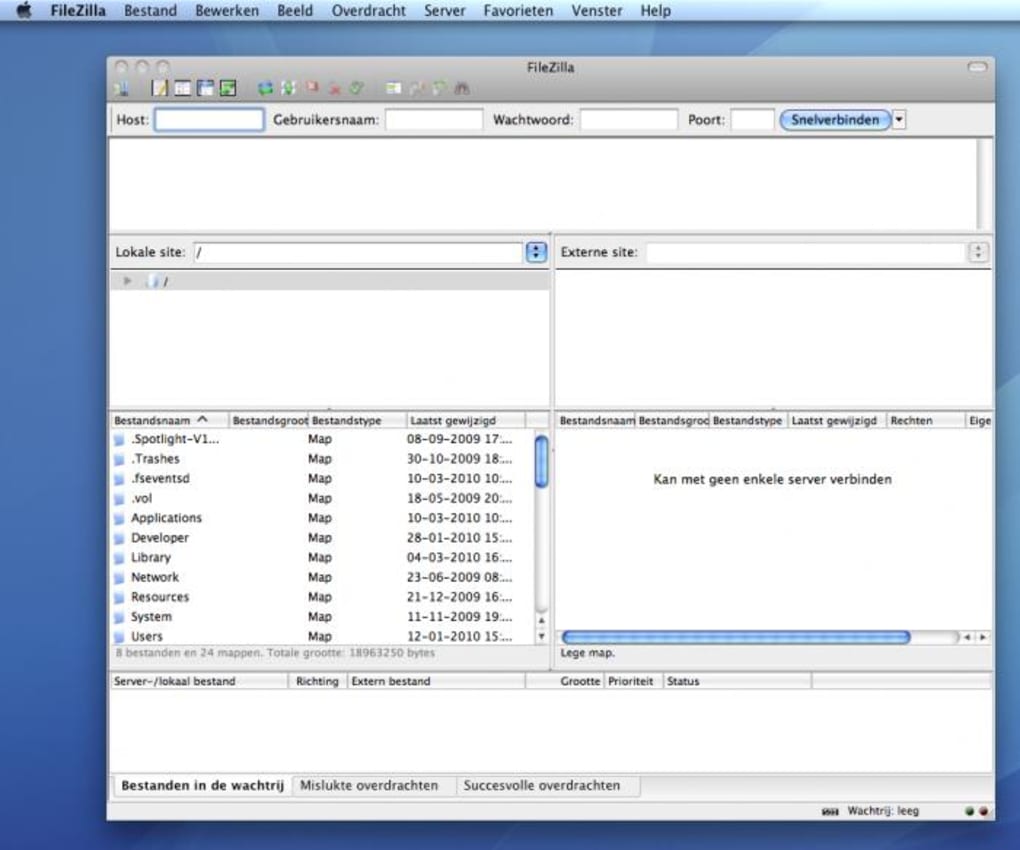

Then, there is the “hard limit” which when you exceed … well, you hang.

Simply put, it is a limit that when you reach your assigned or subscribed limit, the processes are throttled (put to sleep).Īgain, any decent hosting company will grant you what is termed as “soft limit” whereby if you exceeds it, your site will not hang but you will receive warning depending on the setup. What will happen is that it will the site start responding slower or just “hangs” unable to fulfill the request which typically (do bear in mind that there may be other reasons why this happens) is to transfer data from the hard disk to the RAM. These limits are designed or rather configured to make sure that no single web site can bring down the web server which will affect everyone else.Īs you may have noticed, your website doesn’t throw up any noticeable error (sometimes you may see 508 error again that will depend on how the server is configured) when you exceed your i/o limit. A single site potentially can consume all CPU, IO, Memory resources or Apache processes and this may bring the server to a complete grinding halt. And, most of these support CGI and FastCGI scripts – written in a number of languages, such as Perl, Python, and the most popular, PHP. Most Linux servers in today’s shared hosting environment runs Apache web servers. While any decent web hosting will not place hard limits on most of the resources, there are some that need to be proactively regulated so that one individual or account do not consume everything.

The more accounts your provider stuffs on the server, the more noticeable slow disk I/O becomes. In a web hosting environment, a web server must support hundreds perhaps thousands of sites simultaneously while creating a well-balanced server environment. I/O processes to an HDD are particularly slow when compared with solid-state memory such as RAM, HDD I/O is, on average, 2,000 times slower. On a server, a disk I/O describes every process that involves writing to or reading from a storage device which on a shared web hosting server will be the hard disk drive, or HDD. I/O (input/output defined as KB/s) is just the “throughput” or speed of data transfer between the hard disk and the RAM.


 0 kommentar(er)
0 kommentar(er)
